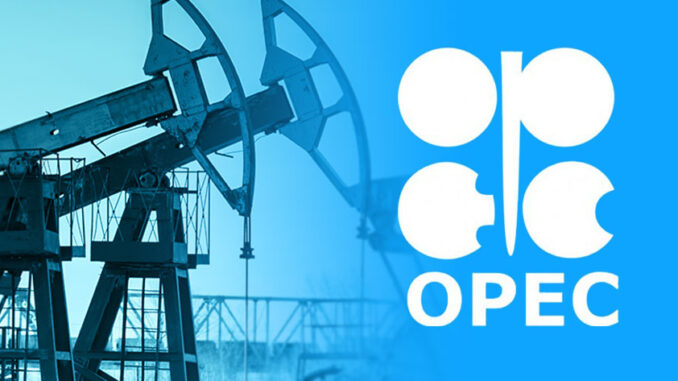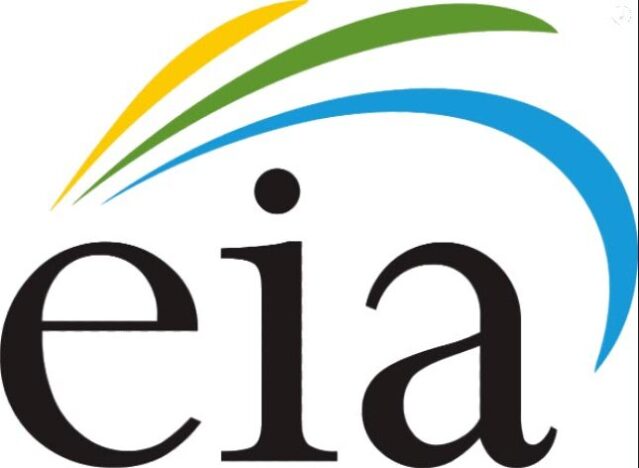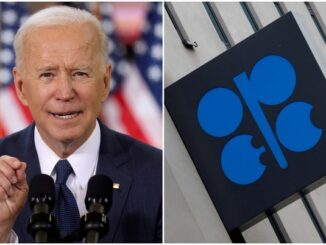
OPEC and its allies will monitor oil market conditions and the supply-demand balance in its upcoming Dec. 4 meeting, Iraq’s national representative to OPEC said Nov. 26, as the coalition seeks to stem a price decline.
“Any future decision about maintaining the current cut, introducing a new cut or increasing production will take into account the market condition and achieving a balance,” Mohammed Saadoon Mohsin told state-run Iraqi News Agency.
“OPEC+ is meeting every two months to assess global markets in terms of supply and demand. There is severe volatility due to the COVID-19 impact, the global economic slowdown, and the Russia-Ukraine war, which have weighed on price stability.”
OPEC+ agreed on Oct. 5 to slash its production quotas by 2 million b/d starting in November, saying it was a “technical decision” aimed at averting the impact of a potential global recession. The decision came despite the EU’s planned embargo on Russian crude imports set to start on Dec. 5.
The current OPEC+ agreement has helped stabilize oil markets, Saadoon said, adding that Iraq has kept its exports stable under the agreement.
A good oil price
Saadoon said this year’s average oil price of around $97/b is good, adding that experts expect oil prices next year to hover between $85/b to $95/b or less by $5/b-$7/b.
Platts, part of S&P Global Commodity Insights, on Nov. 25 assessed Dated Brent at $85.475/b, nearly unchanged on the day.
The marker, which touched more than $100/b on Nov. 7, has fallen due to recession worries, tepid oil demand in China stemming from renewed COVID-19 lockdowns and ongoing discussions of imposing an oil price cap on Russian exports by Western nations.
Iraq, OPEC’s second biggest producer, pumped 4.58 million b/d in October, which was below its quota of 4.651 million b/d, according to the latest Platts survey by S&P Global published on Nov. 7.
Under the OPEC+ deal, Iraq is expected to hold its crude oil production at 4.431 million b/d from November through the end of 2023.
Iraq needs high oil prices to finance its fiscal budget because oil revenue contributes to over 90% of government income.



